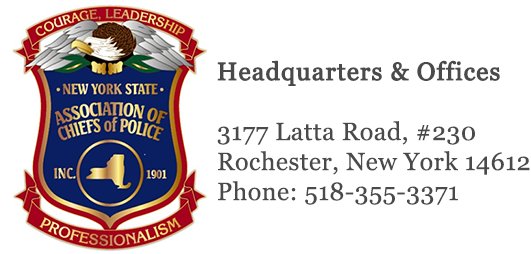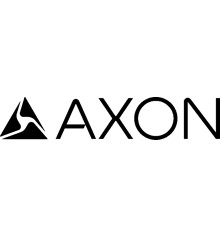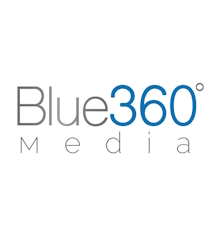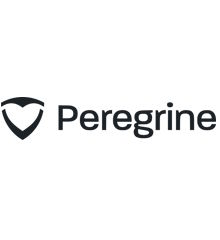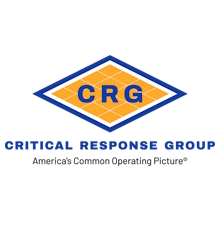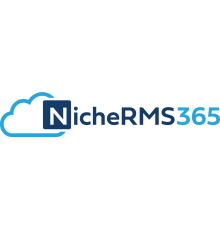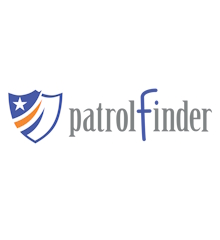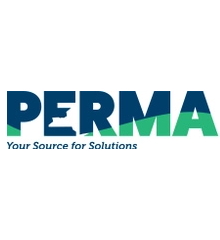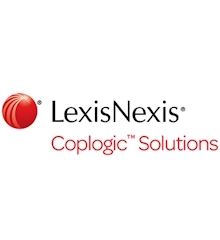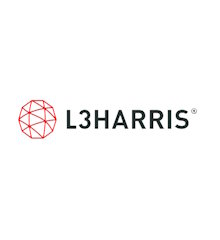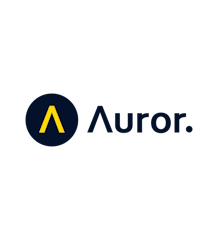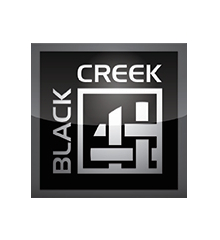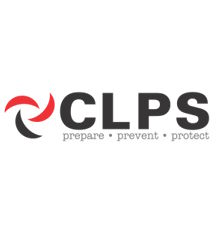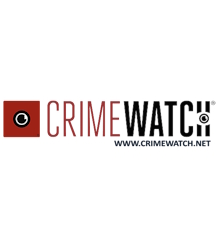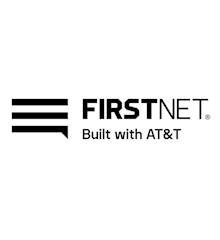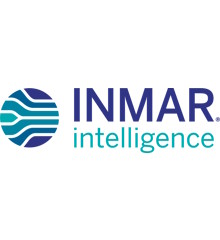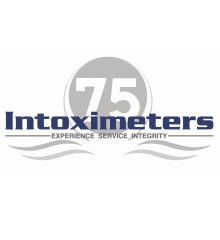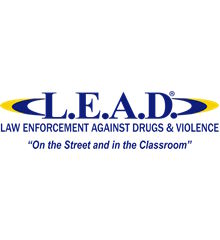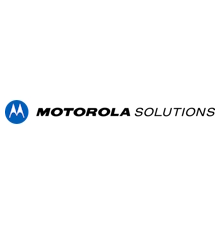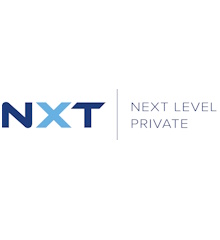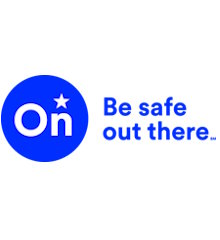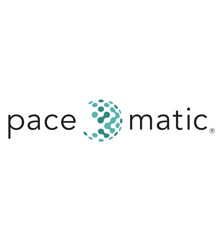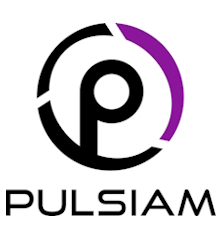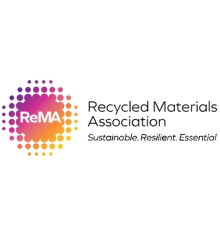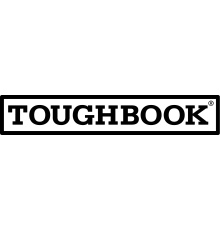- Home
- About
- Members
- Publications
- Chief's Chronicle
- Legislative Center
- Press Releases
- Sheriffs/Chiefs Budget Letter
- Press Release - Memorandum of Opposition
- Open Letter to the Governor June 11th 2020
- New York State Association of Chiefs of Police Statement - the Resignation of Rochester Police Chief La'Ron Singletary
- NYSACOP Letter Addressing Thanksgiving Day Gatherings Enforcement
- A Letter from NYSACOP - Commentary on Law Enforcement Involvement on Gathering Limits during Thanksgiving
- Statement on Ithaca Police Reform Panel Member Richard Rivera
- Mid-Hudson Chiefs of Police Association Press Release on Marijuana Legalization Meeting
- NYSACOP Response to Anti-Defamation League Statement
- Content and Advertising Deadlines for NYSACOP Publications
- Traffic
- Traffic Safety Committee Minutes
- Notable Traffic Safety News
- Training Opportunities
- Breath Analysis Operator Course
- Breath Analysis Instructor Course
- DWI Detection and Standardized Field Sobriety Testing Instructor Course
- NYS E-Transportation, Bicycle & Pedestrian Law & Safety
- Crash Management Course Training Series Spring 2026
- Crash Management Course Training Series Fall 2025
- Commercial Vehicle Enforcement Training
- Drug Recognition Expert (DRE) Training
- Documents and Information
- Traffic Safety Committee Members
- Resource Center
- Partnership Program
|
New York State PAUSE Enforcement Assistance Task Force April 1, 2020 Background Governor Andrew M. Cuomo has taken aggressive action to combat the spread of the infectious COVID-19 virus, as suspected and confirmed cases have surged around the world. Specifically, the Governor has imposed sweeping measures to protect public health and safety, including restrictions on businesses and gatherings through Executive Orders designed to reduce public density and slow the rate of transmission. These measures, together known as “New York State on PAUSE,” directed all non-essential businesses to close their in-person operations and banned all non-essential gatherings of individuals of any size for any reason. (See Executive Orders 202.6, 202.7, 202.8, 202.10, and 202.11.) For information on which businesses are essential, please visit the Empire State Development Corporation’s (ESD) online guidance. Complaint Referral and Enforcement Assistance To assist local authorities with enforcement of these orders, the Governor established the New York State PAUSE Enforcement Assistance Task Force where individuals can file complaints regarding the operation of non-essential businesses or gatherings 24 hours a day, 7 days a week through an online form or by calling 1-833-789-0470. These complaints are reviewed for completeness, accuracy, and applicability under the orders, and then referred to local authorities (as designated by the county leadership) by a team of investigators from multiple state agencies. In addition to assessing the credibility of complaints, these skilled investigators can assist local authorities in their front-line role of responding to alleged violations of the orders by providing guidance on available civil and criminal enforcement tools. (Note: Specific complaints from employees against their employers should be directed to the Department of Labor through their online form.) Enforcement Strategy and Options The Governor’s Executive Orders are designed to reduce social density by discouraging the unnecessary gathering of people in close contact in businesses and public places. Authorities should use the least invasive enforcement approach necessary to achieve compliance. In other words, unless the circumstances are particularly egregious, authorities should use the first violation as an opportunity to inform New Yorkers of the orders and their responsibility to protect the health and safety of themselves and others. Please provide your respective Governor’s regional representative with two or three contacts within your county who should receive the complaint referral information and are able to coordinate with the appropriate entities for follow up enforcement. |
